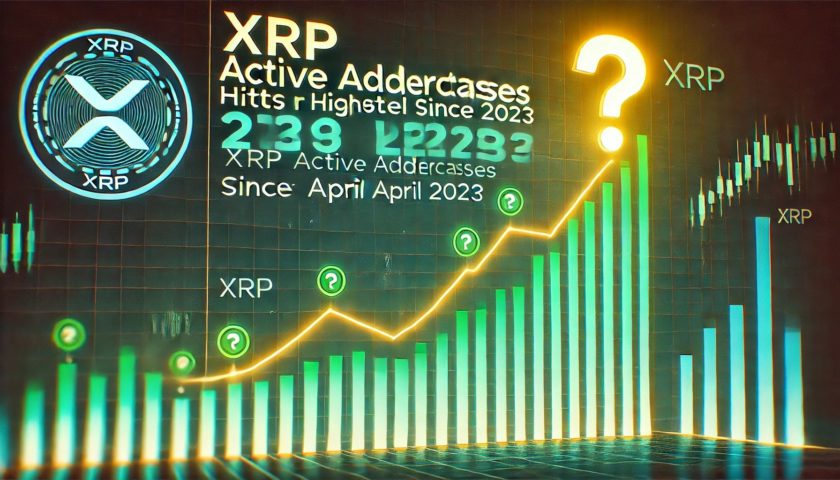Ripple CEO, Brad Garlinghouse, and its executive chairman, Chris Larsen, posted an open letter to congress on Sunday asking authorities not to paint their company with a “broad brush”.
The executive duo paid careful attention to emphasize that while bad actors exist in the cryptocurrency space, many are, in fact, doing their bit to stay compliant:
“Many in the blockchain and digital currency industry are responsible actors. We are responsible to U.S. and international law. We are responsible to serving the greater good.”
Ripple has so far avoided the long arm of the law thanks to Facebook and it attention-stealing project Libra. Now as authorities turn their focus elsewhere, Garlinghouse and Larsen are proactively trying to get regulators on their side.
Ripple Preparing for Retribution?
The letter comes only two days before the Senate Banking Committee is again scheduled to meet on July 30th. The committee plans to examine regulatory frameworks for digital currencies and the blockchain.
Congress grilled David Marcus, head of Facebook’s Calibra division, last week. This time around, however, there may be fewer fireworks as regulators seek advice from a number of other industry professionals including the likes of Circle CEO Jeremy Allaire.
While Ripple executives will not attend this hearing, they clearly still have some cause for concern. Earlier this month the president took a dump on the crypto sector as a whole:
….Similarly, Facebook Libra’s “virtual currency” will have little standing or dependability. If Facebook and other companies want to become a bank, they must seek a new Banking Charter and become subject to all Banking Regulations, just like other Banks, both National…
— Donald J. Trump (@realDonaldTrump) July 12, 2019
Given Ripple’s affiliation with a number of banks and high-profile companies, the timely letter is not unexpected.
Ripple to Congress: Don’t Send Us Packing
Regulators continue to come to grips with cryptocurrencies in large part because they’re useful beyond the border. While some in the government perceive this as a threat, Garlinghouse and Larsen claim otherwise:
In our view, digital currencies have the opportunity to complement existing currencies like the U.S. dollar—not replace them.
That’s a bold statement that appears to want to appease regulators more than anything else. A number of U.S. companies, including Circle itself, are already moving operations offshore thanks to pro-crypto regulation elsewhere in the world.
Indeed, island nations and Switzerland, in particular, is swallowing up a number of crypto startups. The regulatory path in the U.S. is still littered with red tape and time is ticking.
While Ripple clearly wants to placate Congress, it’s also not afraid to send them a stern warning:
“Without regulatory clarity, we risk pushing the innovation, tax revenue and jobs that these new technologies create overseas.”




